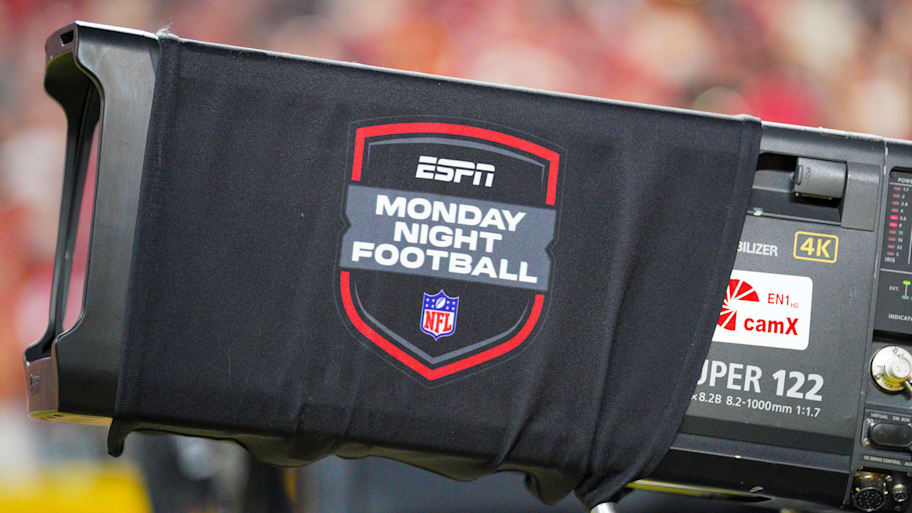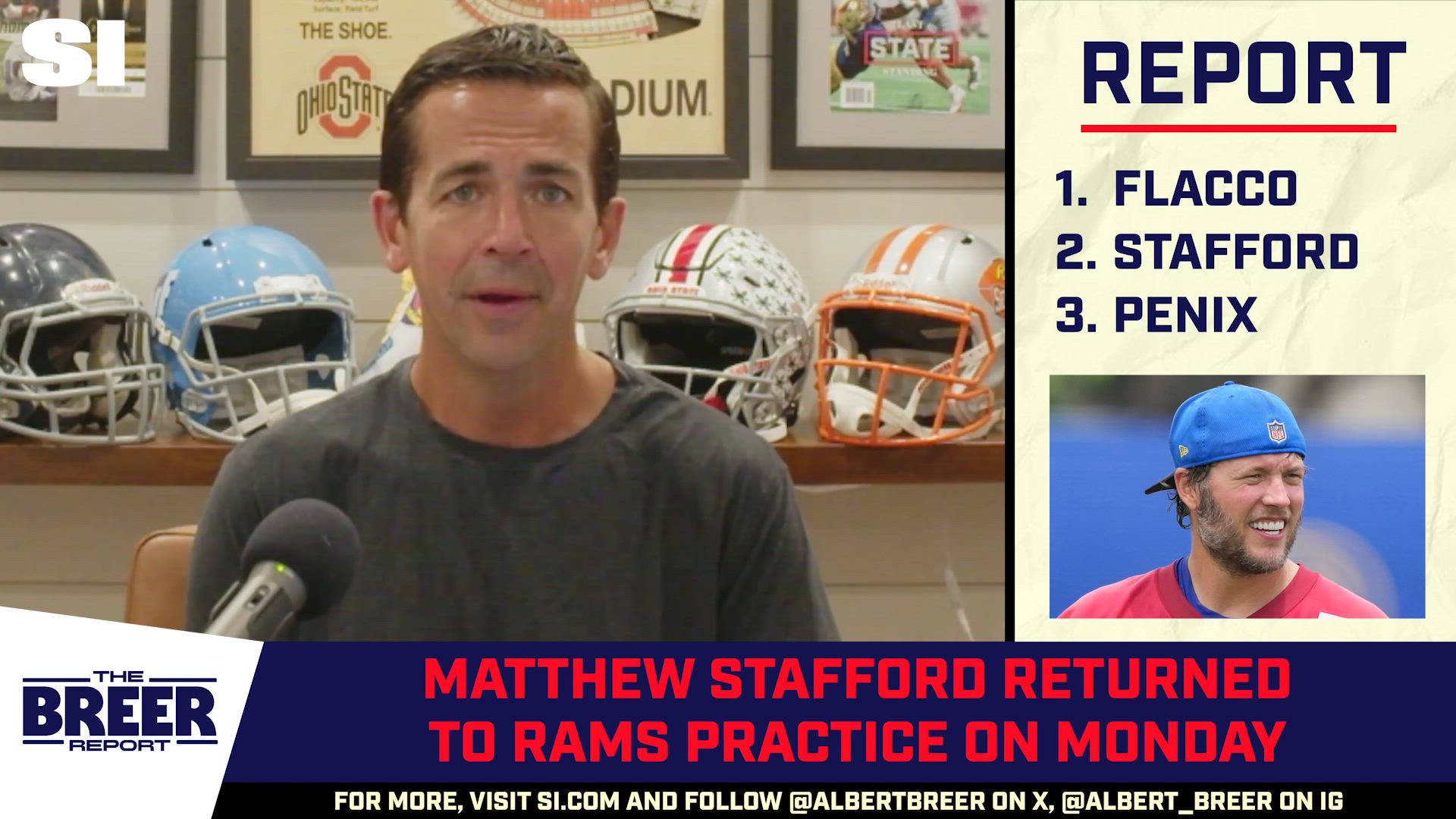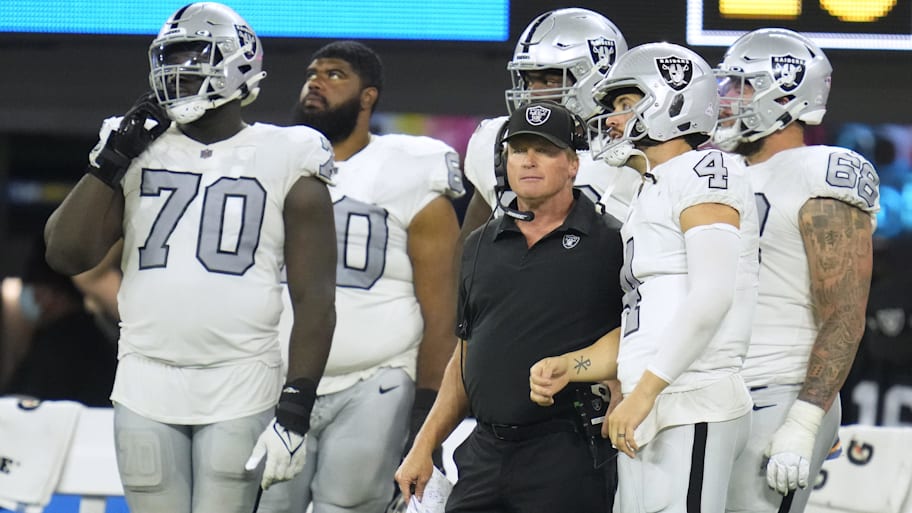

As NFL training camps buzz along, there have been some developments off the field, especially on the league side, that bear watching. The business of football never lacks for interesting and developing subplots. Let’s examine …
NFL owning part of ESPN
The long-rumored merger/acquisition/partnership between the NFL and ESPN is now close to a reality, albeit with governmental approval needed to ensure antitrust compliance (the process could take a year). It is massive news in the world of sports media and sports business.
My primary reaction is to wonder about the future content of ESPN. My sense is that, although it may take a while, ESPN’s NFL coverage will look a lot like—if not exactly like—the NFL Network’s.
Sure, both sides will tell us that ESPN is still independent and committed to covering the league with no restrictions or barriers. And, sure, ESPN will still do some pieces not all favorable to the NFL (the NFL actually prefers that, as to not appear to control the content), but I think there will be limits that are more restrictive than they are today. The NFL Network is a 24-hour infomercial for the NFL, and ESPN will start to look more like that as well.
The Wall Street Journal values ESPN at $25 billion to 30 billion. With a 10% equity stake now, the NFL—in exchange for giving up assets such as the RedZone name, fantasy football assets and its studios at SoFi Stadium—now has a $2.5 billion to $3 billion investment in the network. That can, and should, buy a lot of influence.
The other issue that sprang to my mind is consolidation. In acquisitions such as these, there is duplication of talent, both in front of and behind the camera. I would think we will eventually see some dismissals of on-air talent, as well as producers, directors, audio and video staff, etc.
The NFL has made regular cuts to its media properties before this merging of talent with ESPN, and it will certainly do so here as well.
Franchise values skyrocketing
Whether it was the Forbes rankings in the past or the Sportico rankings from last week, I don’t give much weight to estimated team valuations, as market price is simply whatever someone is willing to pay. But the Sportico list echoes what I say all the time about NFL owners: These are truly salad days for them.
The Cowboys are valued at over $12 billion and two teams—Rams and Giants—are valued over the $10 billion mark. On the low end, the least valuable team, the Bengals at $5.5 billion, is valued at only $500 million less than the current record price for an NFL sale, the Commanders at $6 billion. The average franchise valuation is $7.13 billion, a whopping 20% increase from a year ago.
The NFL is the most prosperous sports league in history, and now buoyed by long-term, management-friendly deals with its two most important partners: media and players. Private equity is now allowed as a source of liquidity, allowing owners to cash out hundreds of millions, even over a billion dollars, while giving up zero control.
Of course, the players do not share a dime of the $228 billion sum of team valuations. And the 20% increase in franchise values far exceeds the 8% jump in the player salary cap. My point here is that whatever you read or hear about NFL player salaries, even for elite quarterbacks, those numbers are simply a mild financial inconvenience for owners seeing 20% increases in their asset valuations every year.

Gruden’s leverage of embarrassment
Jon Gruden was forced to resign—read “fired”—as head coach of the Raiders in 2021 after the NFL leaked emails that were racist, misogynistic, anti-LGBTQ and critical of both former NFLPA chief DeMaurice Smith and NFL commissioner Roger Goodell.
Gruden sued the NFL—there are always lawyers—and the case has been rattling around the Nevada courts until a ruling last week from the Nevada Supreme Court.
The court ruled that while current employees must submit to the NFL’s closed-door arbitration process for disputes with employees, that should not apply to former employees. A similar ruling has come in another case involving a former coach suing the NFL, former Dolphins head coach Brian Flores.
The immediate reaction is that the public will now see what the NFL did (or didn’t do) in leaking these emails and in forcing Raiders owner Mark Davis to fire Gruden, as well as potentially hundreds or thousands of other emails that may be embarrassing, or worse, to the league.
The league will certainly petition the Nevada Supreme Court for a rehearing. If that fails, the only thing left will be an appeal to the U.S. Supreme Court or, of course, a settlement.
I worked with Gruden at ESPN. He is a force of nature. There are few people I have ever met with his infectious energy. Perhaps this will lead him to coach somewhere else, as it is something he clearly wants to do.
Slater’s fortuitous hold-in
Eleven days after signing a four-year, $114 million contract extension with $92 million guaranteed, the Chargers’ Rashawn Slater suffered a ruptured patellar tendon in practice that will keep him out for the 2025 season. It immediately triggered some thoughts about player contract negotiations.
Slater was a “hold-in” before securing the new contract, reporting to the team but doing little while waiting for the new deal. From a business of football perspective, his strategy clearly worked. Had Slater not caused enough “angst” in the Chargers’ front office to jump-start negotiations, he would not have received this life-changing contract—with a $29 million signing bonus—not only this year but also next year, when he will be coming off a major injury.
Although we have yet to see what will happen with Trey Hendrickson or Micah Parson, Slater’s situation will only encourage, not discourage, players not to fully participate (or hold out) when agitating for a new and improved contract (it has always worked for players such as Brandon Aiyuk last year, and T.J. Watt and James Cook this year).
On the team side, I actually had a thought about Jerry Jones and the Cowboys’ practice of waiting so long to sign their top players. As you know, I have tried to come up with reasons why Jones and the team consistently wait to sign their best players, and perhaps this is a reason. Maybe Jones and his sons are thinking, simply, that the player could get hurt before the contract is finalized, and then the team would save tens of millions.
I’m not defending this practice—and whatever drama Jones creates with Parsons—but this could be a reason for it.
Colts’ big swing and miss
After a mutual parting with the Giants during the second year of a four-year, $160 million contract ($82 million guaranteed), and a brief stint with the Vikings in which he didn’t play, Daniel Jones landed with the Colts on a one-year, $14 million contract. He was signed to compete with the fourth pick from the 2023 draft, Anthony Richardson. And the competition is now over: Jones has won it.
My read on this is that it is less an endorsement of Jones than an indictment of Richardson. The Colts not only invested the fourth pick in Richardson, but he has been the face of their franchise, the future hope of the team. They have seen him up close for two years. And now he has been benched in favor of Jones, who was signed to a one-year deal, whom they have seen up close for roughly two months.
This is obviously not a good look for the Colts or for Richardson, a franchise-debilitating swing and a miss. Maybe this is not the end of their story, but it sure seems like it is.
More From The MMQB
This article was originally published on www.si.com as Business of Football: The NFL’s Stake in ESPN Can Definitely Buy Influence.







